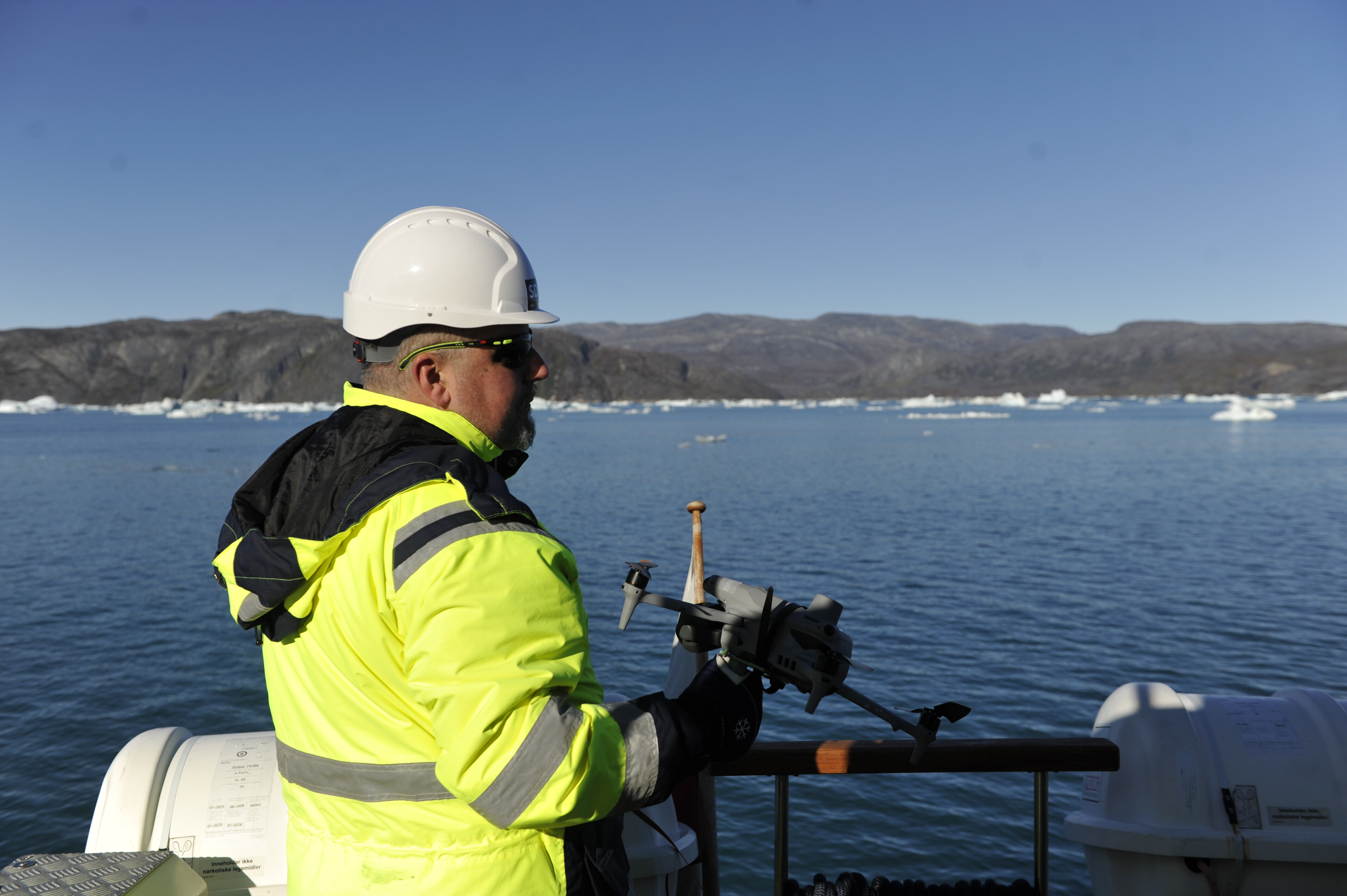4 ways sustainable sports are becoming a thing

Green goals ... The 2020 Tokyo Olympics are on track to be sustainable sports. Image: REUTERS/Issei Kato
When it comes to fighting climate change, large sporting events have struggled to win any prizes. Fans travelling to just one European Cup match this year are estimated to have generated nearly 5,600 tonnes of CO2.
Next year’s football tournament may be even more polluting with matches played all across the continent, instead of in just one host nation, to celebrate the competition’s 60th anniversary. But that is all about to change as sporting authorities act to reduce their carbon footprint.
A few steps towards sustainable sports
UEFA already provides an app to help fans offset the carbon impact of the tournament. And football clubs across the world are taking action to reduce emissions and recycle waste. Here are four sports aiming to become more sustainable.
1. Tokyo’s 2020 green Olympics
Under the banner “Be better, together” the organizing committee of the 2020 Olympics in Japan set out from the start to make them the most sustainable games ever. The athletes’ village will be built from locally sourced wood and the event vehicles powered by hydrogen fuel cells.
The electricity will come from renewable sources, including onsite solar generation, and 99% of everything used during the event will be recycled. Apart from drinking water, all the water used at the games will either be rainwater or recycled.
2. Showjumping gets extra horsepower
This year’s Helsinki International Horse Show was horse powered in more senses than one. As part of a range of zero-waste measures, Finland’s biggest indoor sporting event was entirely powered by electricity generated from horse manure.
Over 135 tonnes of manure collected from competing horses was used to generate 150 megawatt hours of electricity. Fortum HorsePower, the company behind the scheme, collects manure from 4,300 horses across Finland to generate sustainable energy for local grids.
3. Sustainable football
Amsterdam’s Johan Cruijff stadium, home to Ajax, found a sustainable way to replace its 53,000 seats. Most were sold as souvenirs or recycled and their replacements are made from 100% recycled plastic – 10% of it recovered from the oceans.
In Pontedera, Italy, the stadium has seats made using recycled plastic from the town’s own waste, contributing to a circular economy.
Meanwhile, English League Two leaders Forest Green Rovers have been named the World’s Greenest Football Club by world governing body FIFA, and won a UN climate award.

The club’s ground is powered by solar panels and features electric car-charging points, water recycling, an electric lawnmower, an organic pitch, and an entirely vegan menu for players and fans. They now have plans for a new stadium built entirely from sustainable local timber.
What is a circular economy?
4. Super Bowl goes zero waste
Last year’s Super Bowl, the culmination of America’s NFL tournament, had a new scoreline which measured not points scored on the field but how much of the waste generated by the game was recycled.
All food served to fans during the game at the Minnesota Vikings’ US Bank Stadium in Minneapolis came in compostable containers. Waste that could not be recycled was sent to a trash-to-energy plant to generate steam to heat buildings in downtown Minneapolis.
Since last year’s Super Bowl game, the stadium has composted a further 160 tonnes of waste and is using smart technology to maintain its zero-waste status, reducing its CO2 emissions over the same period by 231 tonnes.
Don't miss any update on this topic
Create a free account and access your personalized content collection with our latest publications and analyses.
License and Republishing
World Economic Forum articles may be republished in accordance with the Creative Commons Attribution-NonCommercial-NoDerivatives 4.0 International Public License, and in accordance with our Terms of Use.
The views expressed in this article are those of the author alone and not the World Economic Forum.
Stay up to date:
Climate Crisis
Related topics:
Forum Stories newsletter
Bringing you weekly curated insights and analysis on the global issues that matter.
More on Climate Action and Waste Reduction See all
Jane Thoning Callesen
November 18, 2025











